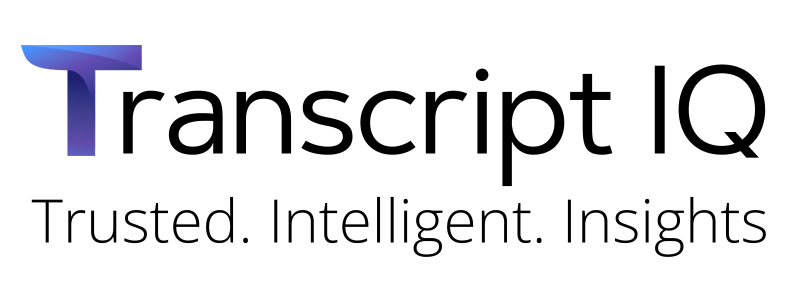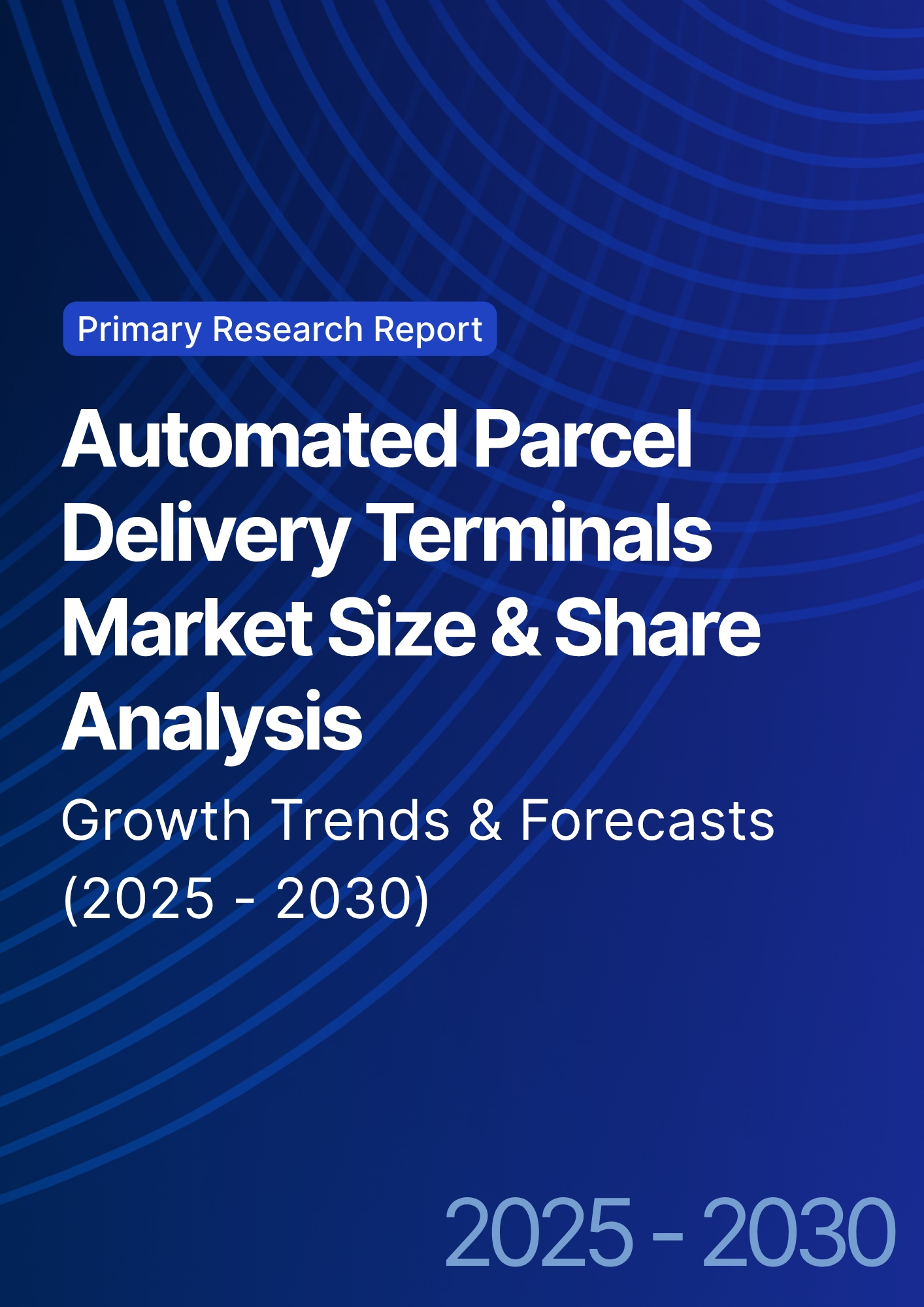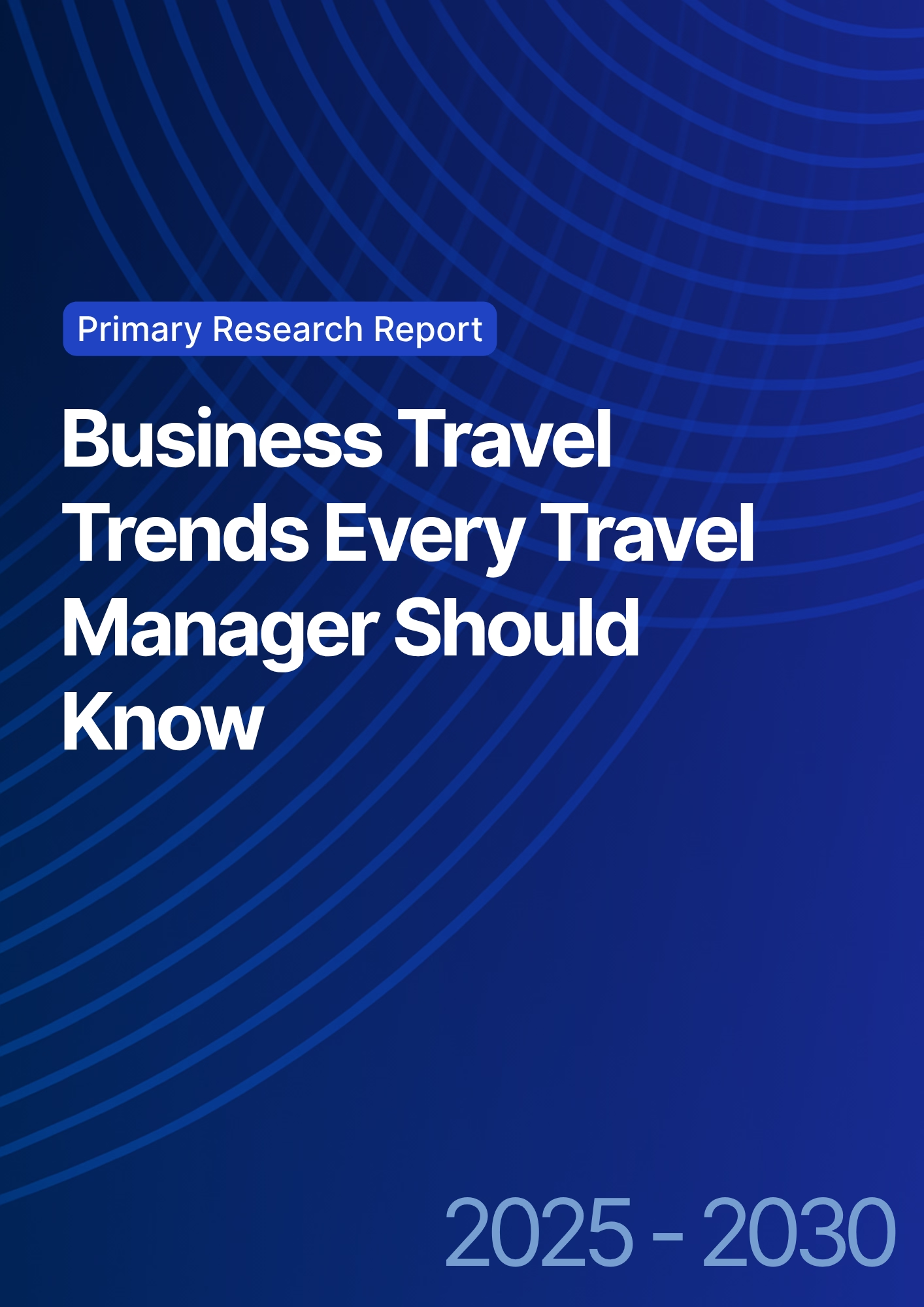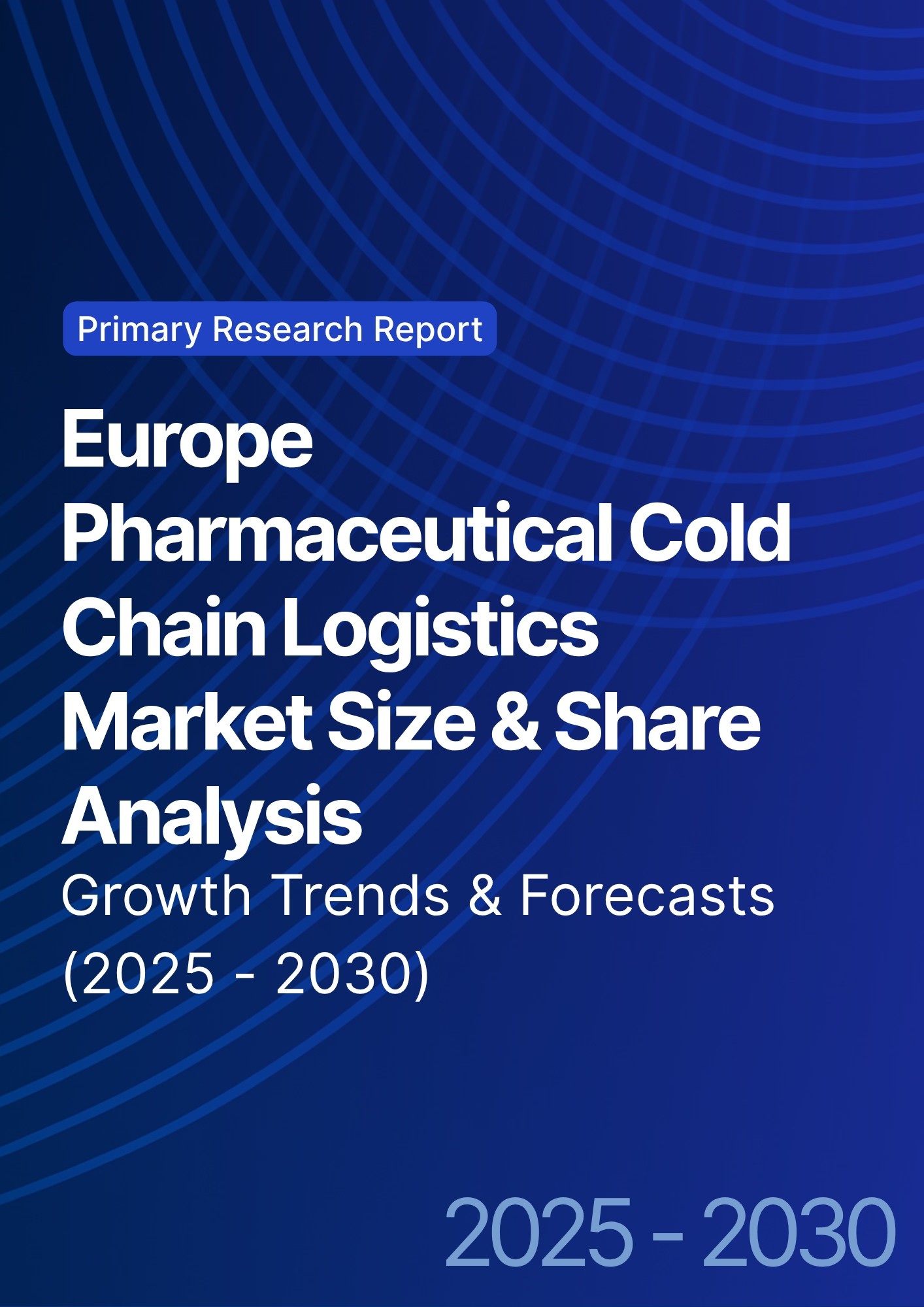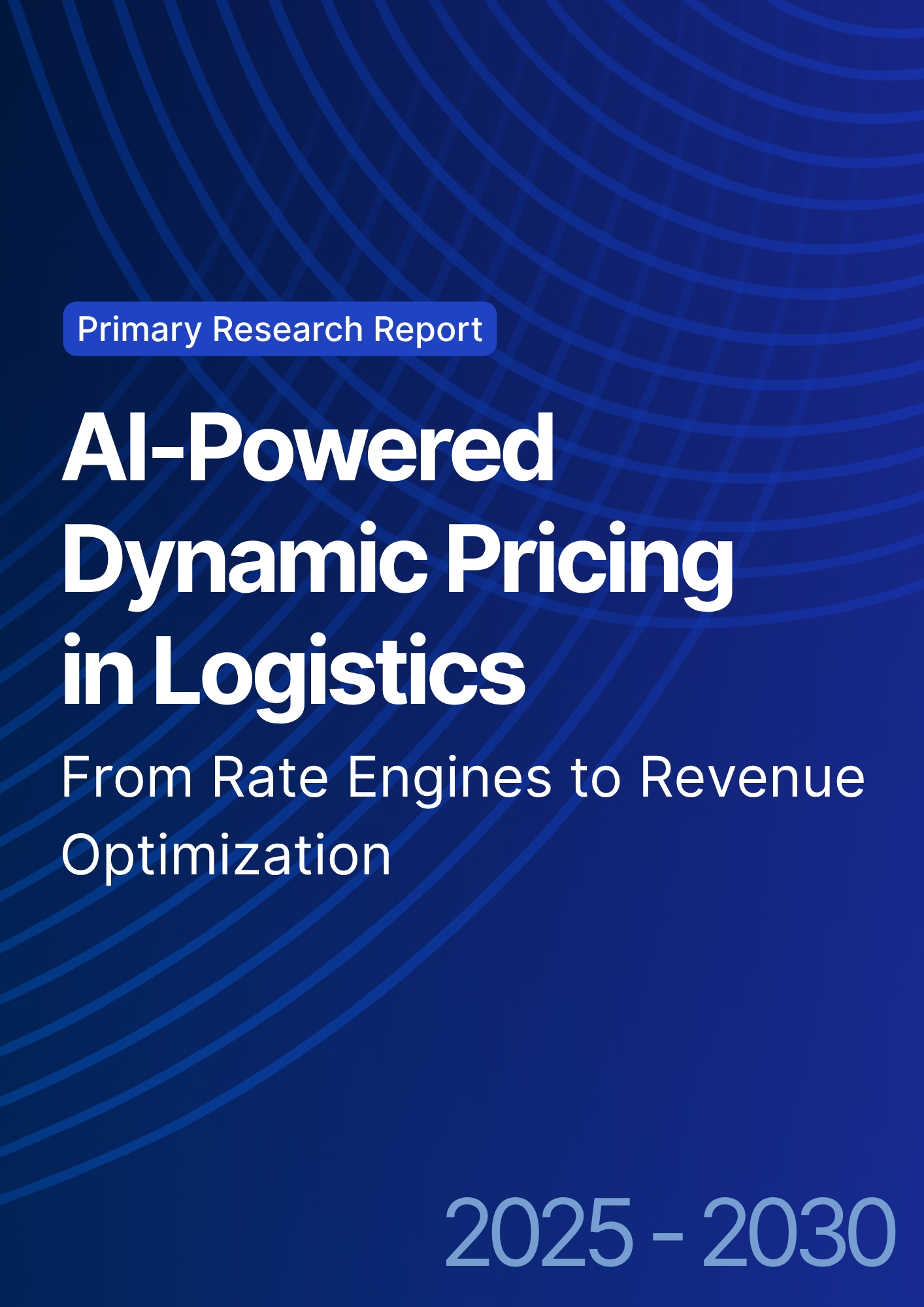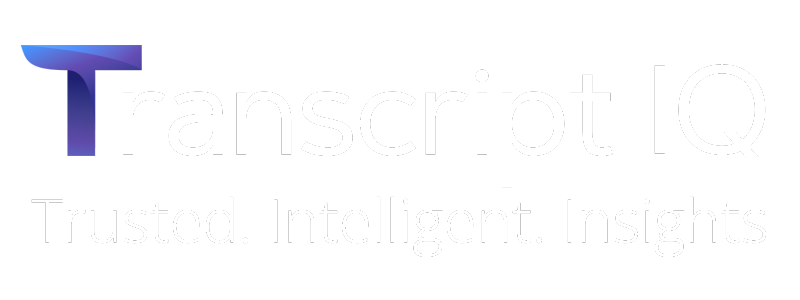

68 Circular Road, #02-01 049422, Singapore
Revenue Tower, Scbd, Jakarta 12190, Indonesia
4th Floor, Pinnacle Business Park, Andheri East, Mumbai, 400093
Cinnabar Hills, Embassy Golf Links Business Park, Bengaluru, Karnataka 560071
Connect With Us
Blockchain for Freight Transparency: Competitive Landscape in Middle East Logistics
Between 2025 and 2030, the blockchain in logistics market across the Middle East, Africa, and UAE expands from $0.9B to $4.1B (CAGR 35.7%). Regional logistics players particularly in UAE, Saudi Arabia, and South Africa—are deploying blockchain to enhance freight visibility, contract automation, and customs traceability. Adoption is being driven by ESG transparency regulations, digital port modernization, and cross-border trade efficiency mandates. By 2030, 45% of regional freight data will be blockchain-verified, reducing fraud and documentation errors by 70% and customs clearance time by 40%.
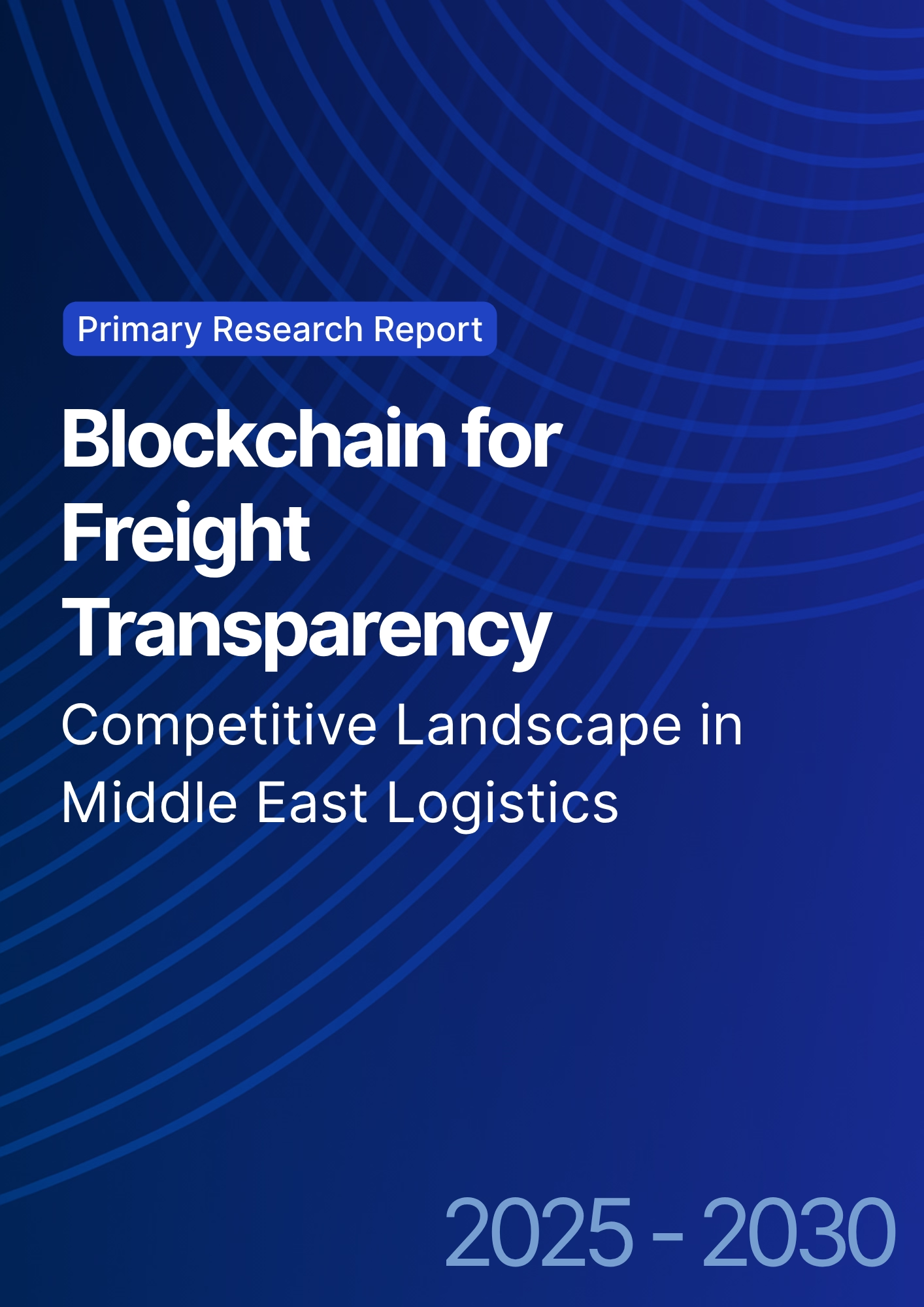
What's Covered?
Report Summary
Key Takeaways
- Market size: $0.9B → $4.1B (CAGR 34.8%).
- UAE contributes 42% of regional adoption.
- Documentation time reduced by 55% through smart contracts.
- Fraud incidents drop by 40% with real-time tracking.
- Cross-border trade efficiency improves by 32%.
- Port automation integration reaches 60% of UAE terminals by 2030.
- Customs clearance time reduced from 3.2 to 1.4 days.
- Trade compliance costs fall by 25%.
- Blockchain freight nodes increase 3.5× regionwide by 2030.
- Dubai, Jeddah, and Durban emerge as blockchain logistics hubs.
Key Metrics
Market Size & Share
The blockchain logistics market in the Middle East and Africa expands from $0.9B in 2025 to $4.1B by 2030, at a CAGR of 34.8%, driven by strong regulatory alignment and port digitalization. The UAE leads with 42% of adoption, leveraging its Dubai Blockchain Strategy 2030 to integrate customs, shipping, and payment data across the DP World, Jebel Ali, and Abu Dhabi Ports networks. The use of distributed ledgers in cross-border documentation reduces fraud incidents by 40%, while paperless customs processing cuts clearance times from 3.2 to 1.4 days. Saudi Arabia, through Vision 2030, is digitizing its logistics corridor linking Riyadh–Jeddah–Neom, with blockchain systems handling 70% of freight invoices by 2029. Africa’s ports, led by Durban, Mombasa, and Lagos, are adopting blockchain to curb cargo tampering and ensure traceable imports. Germany’s shipping consortiums, including Hapag-Lloyd, are partnering with UAE-based freight platforms for transparent document exchange and smart contract auditing. By 2030, over 65% of regional ports will operate blockchain-enabled systems, saving an estimated $3.2B annually in compliance and logistics inefficiencies. The MEA region’s digital freight infrastructure is evolving into a fully authenticated, interoperable, and AI-augmented network that will set new global standards for maritime transparency.
Market Analysis
The implementation of blockchain in MEA logistics is transforming trade efficiency through secure, shared transaction ledgers. Smart contracts automate customs, insurance, and freight billing, cutting administrative overheads by 25%. UAE’s DP World operates blockchain-based port systems that manage over 80M TEU (twenty-foot equivalent units) annually, improving throughput visibility by 35%. Saudi Arabia’s Public Transport Authority is piloting blockchain in freight permits and cross-border fleet tracking, targeting full-scale deployment by 2028. Africa’s logistics corridors, under the African Continental Free Trade Area (AfCFTA) initiative, are also incorporating blockchain to harmonize fragmented customs procedures. Adoption barriers remain — particularly limited IoT infrastructure and data standardization gaps across African markets — but World Bank’s Digital Trade Facilitation Program is accelerating interoperability. Blockchain freight solutions are reducing cargo disputes by 38%, improving invoice reconciliation speed by 60%, and enhancing freight traceability for pharmaceuticals, energy, and perishables. Germany’s logistics tech exports to the UAE and Saudi Arabia have grown 19% YoY, reflecting high regional investment confidence. By 2030, blockchain-integrated freight networks are expected to process $300B worth of annual trade transactions, positioning the region as a global hub for secure and transparent maritime logistics.

Trends & Insights
Emerging trends shaping the blockchain logistics ecosystem include:
(1) Trade Corridor Digitization: Over 70% of MEA ports adopt blockchain-linked documentation systems by 2030.
(2) Smart Contract Billing: Automated invoicing and freight payments reduce administrative time by 55%.
(3) IoT Integration: Smart containers transmitting tamper-proof tracking data grow 4× regionally.
(4) Cybersecurity Reinforcement: Encrypted logistics data lowers fraud incidents by 40%.
(5) Cross-Border Standardization: The GCC Freight Blockchain Consortium ensures interoperability across UAE, Saudi Arabia, and Bahrain.
(6) Data Monetization: Freight visibility data generates $600M annual analytics revenue by 2030.
(7) AI Collaboration: Predictive analytics enhance blockchain data validation accuracy by 37%.
(8) Carbon Tracking: Blockchain-enabled sustainability records meet EU carbon disclosure standards.
(9) Public–Private Partnerships: Dubai Customs and Maersk’s TradeLens pilot expands regional digital ports.
(10) Decentralized Logistics Finance (DeLogFi): Emerging platforms fund real-time trade credit using blockchain transparency metrics.
Collectively, these developments redefine logistics accountability, fostering cost-efficient, fraud-resistant, and data-rich trade environments across the Middle East and Africa.
Segment Analysis
The blockchain freight transparency market segments into maritime logistics, inland freight & trucking, and air cargo documentation. Maritime logistics leads with 58% market share, driven by blockchain-enabled bill-of-lading authentication across UAE and Saudi ports. Inland freight, at 28%, benefits from real-time tracking integration through IoT and telematics platforms. Air cargo documentation, representing 14%, focuses on customs clearance digitization and shipment verification. UAE and Saudi Arabia dominate adoption, with over 65% of total freight records blockchain-synchronized by 2030. African markets, led by Kenya, Nigeria, and South Africa, show accelerating uptake (+38% CAGR) as trade corridors modernize. Germany’s logistics software providers, including SAP Logistics Business Network, are expanding partnerships in Abu Dhabi and Riyadh for compliance-oriented blockchain frameworks. Investment in blockchain freight nodes across MEA ports grows 3.5× by 2030, while AI and digital identity integration reduce customs processing times by half. The energy and retail logistics sectors are emerging as the highest adopters, targeting zero-paper trade verification by 2029, cementing blockchain’s role as a foundational pillar for transparent, efficient trade in the Middle East and Africa.
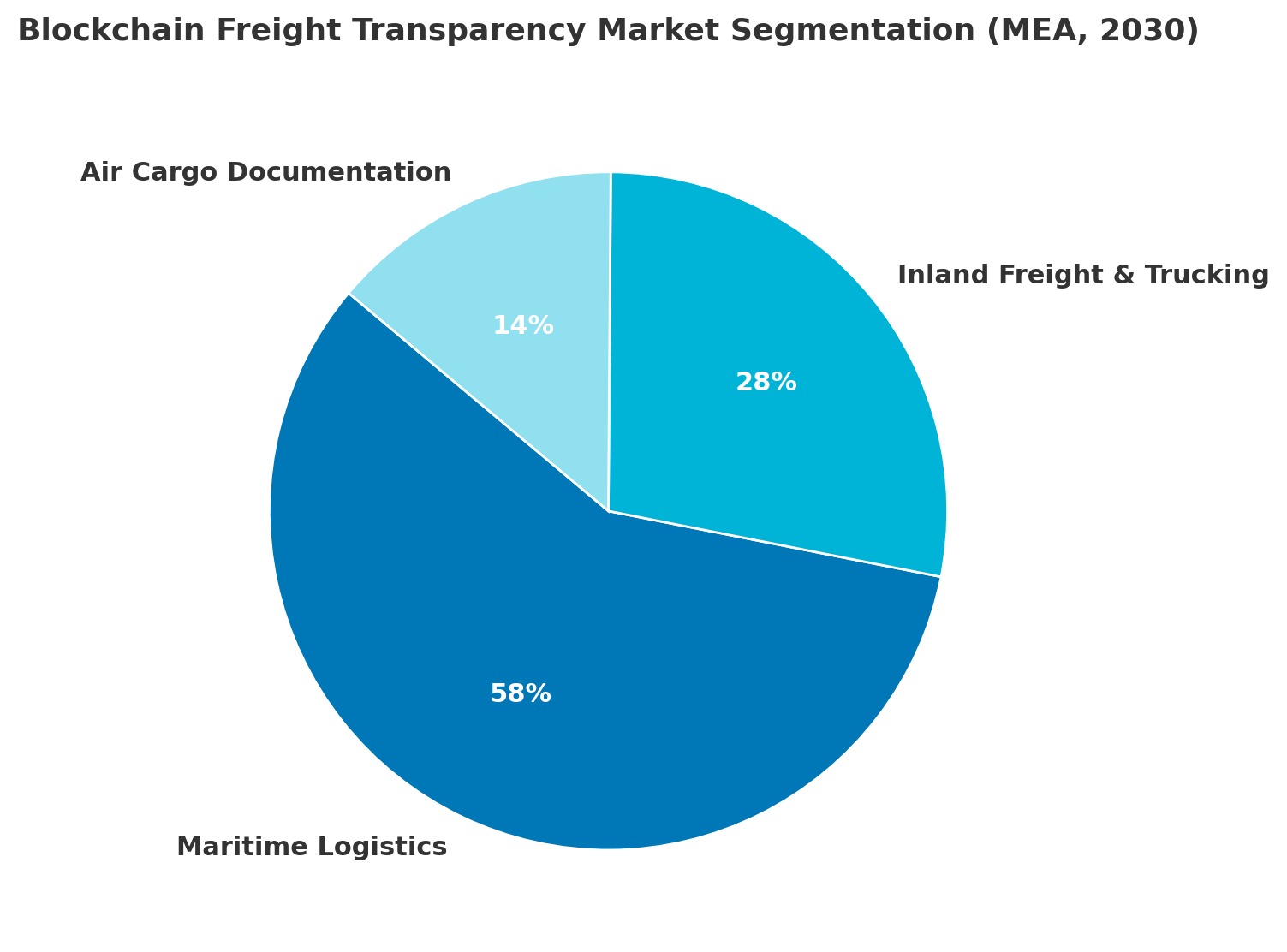
Geography Analysis
Regionally, the UAE remains the innovation leader, accounting for 42% of total adoption. Its flagship programs—Dubai Trade Blockchain Hub and Port 4.0 Digital Corridor—enable real-time visibility across 60% of the nation’s freight movements. Saudi Arabia, with 28% share, integrates blockchain into Neom’s smart logistics architecture, streamlining customs and trade settlement across the Red Sea Economic Zone. Africa, collectively representing 25%, focuses on port transparency and anti-fraud systems, supported by international development programs. South Africa’s Durban and Kenya’s Mombasa ports are key blockchain pilots under the Smart Port Africa Initiative. Bahrain and Oman, smaller but agile adopters, are implementing blockchain for cross-border trade documentation. Germany’s technology partnerships—especially through SAP and Deutsche Telekom IoT—supply backend frameworks to UAE ports, strengthening system scalability. By 2030, blockchain freight solutions will support 95% of regional maritime trade transactions, cutting port dwell times by 38% and saving $1.8B annually in compliance and labor costs. The region’s interconnected trade corridors will position Dubai and Jeddah as the blockchain-powered maritime transparency capitals of the global south.
Competitive Landscape
The competitive ecosystem is defined by port authorities, logistics tech firms, and blockchain platform providers. Leading players include Maersk TradeLens, IBM Blockchain, and Oracle Logistics, collectively managing over 60% of regional deployments. UAE’s DP World, Dubai Customs, and Etihad Rail are major adopters, integrating blockchain-enabled smart contracts across freight documentation workflows. Saudi Arabia’s Bahri Logistics and Neom’s digital freight zone are partnering with Hyperledger and SAP Blockchain for end-to-end cargo visibility. Startups such as CargoX, Veridat, and Blockfreight are expanding digital freight identity and smart port modules across GCC markets. Africa-based platforms, like TradeTrust (South Africa) and AfriChain, are rapidly gaining traction with regional customs agencies. Consulting and compliance firms, including PwC Middle East and KPMG Saudi, are designing regulatory sandboxes for blockchain auditability. By 2030, over $5.2B in cumulative investment will flow into blockchain logistics across MEA, with interoperability, ESG reporting, and AI integration defining future competitiveness. The race to establish transparent, fraud-proof trade ecosystems places UAE and Saudi Arabia at the forefront of the next decade’s digital freight revolution.
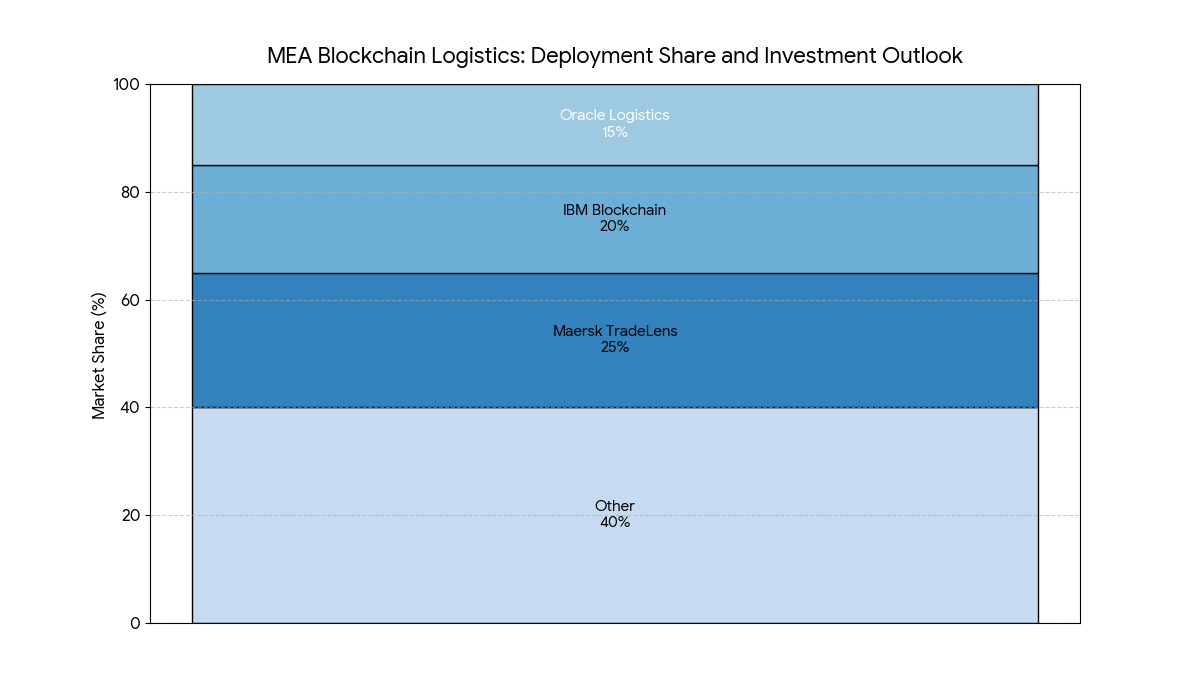
Report Details
Proceed To Buy
Want a More Customized Experience?
- Request a Customized Transcript: Submit your own questions or specify changes. We’ll conduct a new call with the industry expert, covering both the original and your additional questions. You’ll receive an updated report for a small fee over the standard price.
- Request a Direct Call with the Expert: If you prefer a live conversation, we can facilitate a call between you and the expert. After the call, you’ll get the full recording, a verbatim transcript, and continued platform access to query the content and more.


68 Circular Road, #02-01 049422, Singapore
Revenue Tower, Scbd, Jakarta 12190, Indonesia
4th Floor, Pinnacle Business Park, Andheri East, Mumbai, 400093
Cinnabar Hills, Embassy Golf Links Business Park, Bengaluru, Karnataka 560071
Request Custom Transcript
Related Transcripts
$ 1350


68 Circular Road, #02-01 049422, Singapore
Revenue Tower, Scbd, Jakarta 12190, Indonesia
4th Floor, Pinnacle Business Park, Andheri East, Mumbai, 400093
Cinnabar Hills, Embassy Golf Links Business Park, Bengaluru, Karnataka 560071



